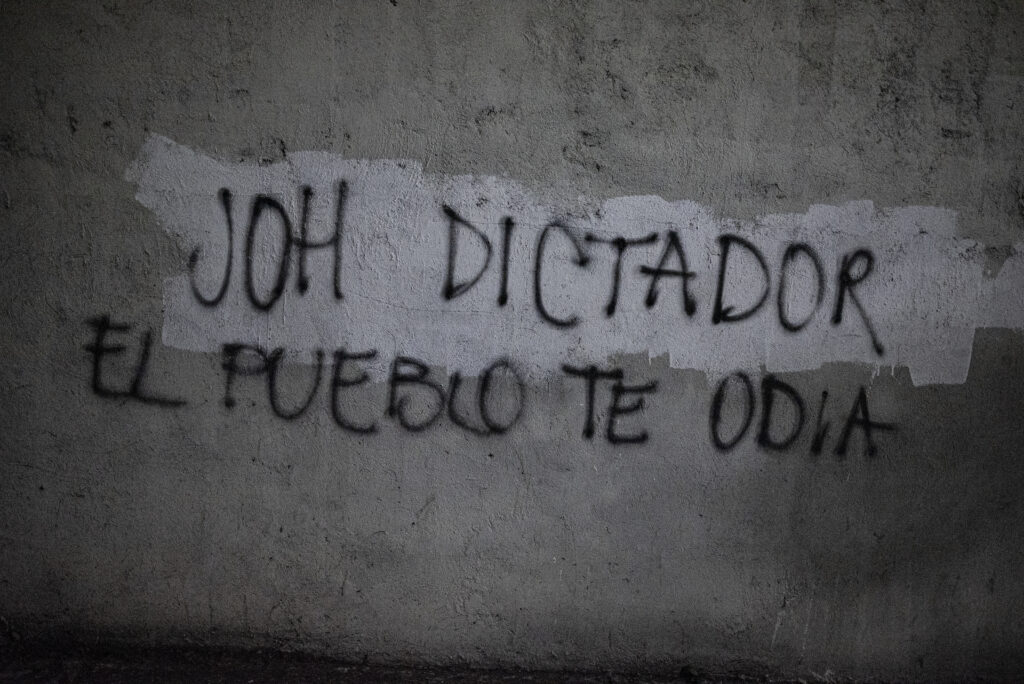
By Ren Estrada/Center for the Study of Democracy (Cespad)
With less than 40 days to go before the general elections in Honduras, Hondurans are preparing to elect the new president of the Republic.

By Ren Estrada/Center for the Study of Democracy (Cespad)
With less than 40 days to go before the general elections in Honduras, Hondurans are preparing to elect the new president of the Republic.